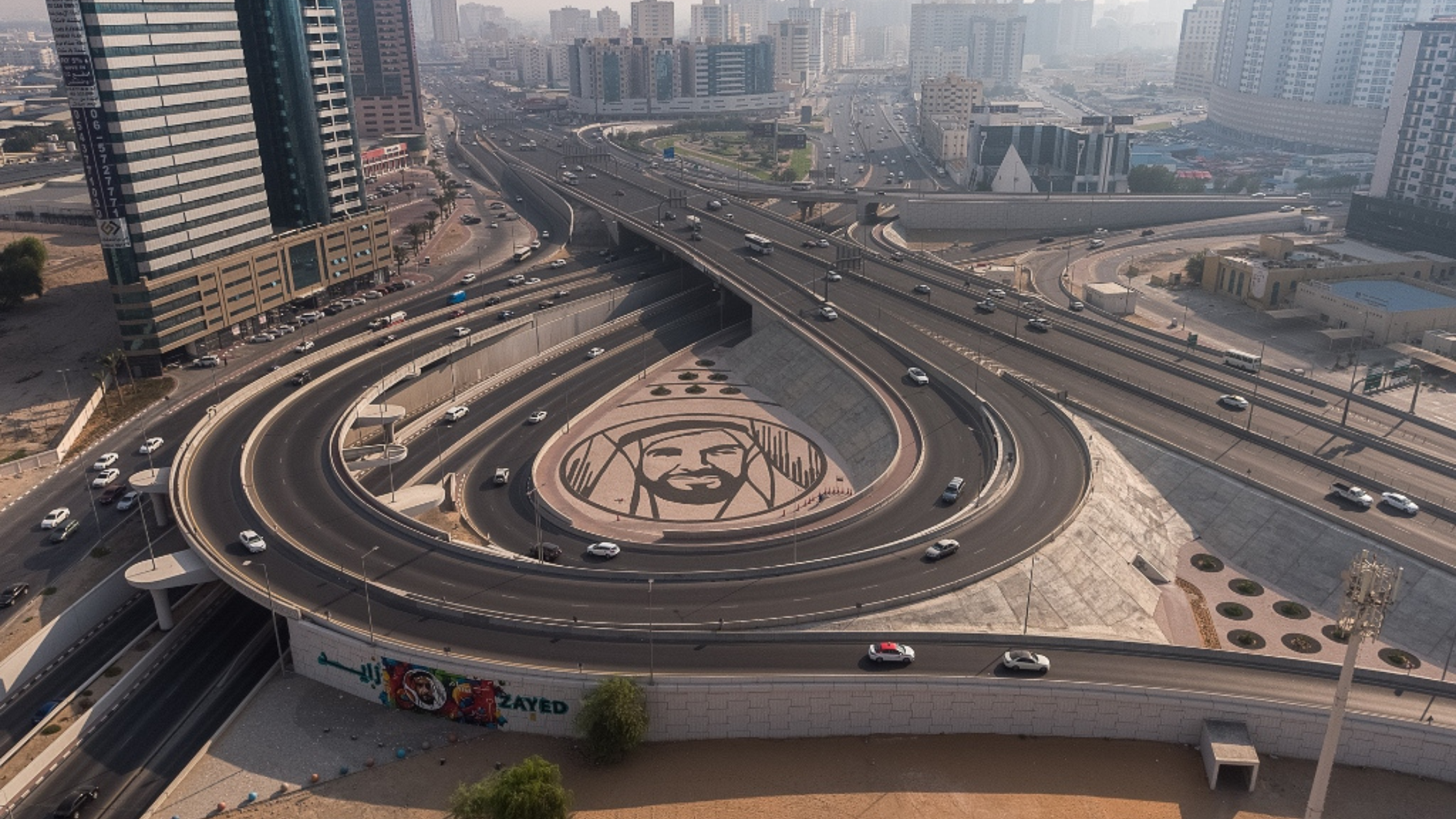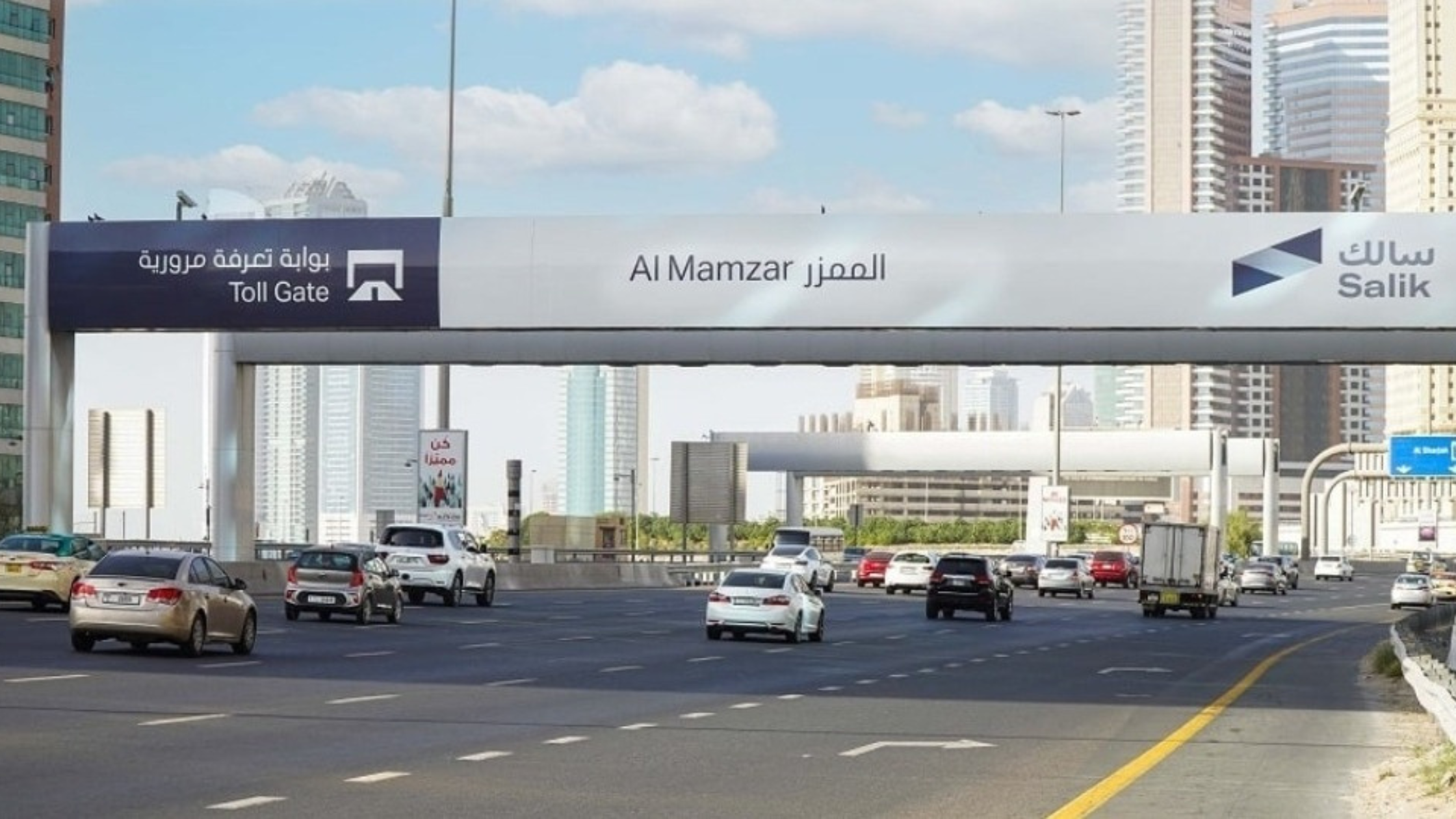UAE Ranked Fifth Globally in 2025 World Competitiveness Report Results

Sheikh Mohammed Highlights Major National Achievement
In a resounding announcement that reflects the UAE’s steady progress and global leadership, His Highness Sheikh Mohammed Bin Rashid Al Maktoum, Vice President and Prime Minister of the UAE and Ruler of Dubai, revealed that the nation has been ranked fifth globally in the 2025 World Competitiveness Report by the World Competitiveness Centre.
This achievement places the UAE at the forefront of global economies, affirming its strength in economic competitiveness, the efficiency of its governance, legislative excellence, and an attractive business climate. The news came during a Cabinet meeting held at Qasr Al Watan in Abu Dhabi, which also reviewed national developments and progress toward strategic objectives.
A 16-Year Journey from 28th to Top Five
Sheikh Mohammed traced this major accomplishment back to 2009, when the country ranked 28th globally. At that time, a competitiveness centre was established as part of a wider effort to unify institutional capabilities and promote coordinated national development. Over 16 years, through cohesive policies, innovation-driven growth, and public-private cooperation, the UAE advanced steadily to earn its position among the top five globally.
The Competitiveness Centre played a central role in benchmarking performance against international standards, identifying gaps, and advising on reforms. This approach fostered a culture of continuous improvement and accountability across government institutions.
Global Leadership in Government Efficiency and Bureaucracy Reduction
The 2025 Competitiveness Report reveals several key highlights in which the UAE has outperformed many advanced economies. Most notably, the country ranked first in the world for absence of bureaucracy, a direct result of its efforts to minimize red tape, digitize government services, and streamline processes for citizens, residents, and businesses.
The UAE also ranked second globally in adaptability, showcasing its ability to quickly pivot in response to global economic trends, crises, or technological disruptions. In addition, it secured fourth place in government efficiency, demonstrating strong institutional management and effective public policy implementation.
Digital Government and Smart Nation Initiatives
Digital governance has been a cornerstone of the UAE’s development strategy. Over the past decade, the UAE government launched numerous platforms that allow residents and businesses to access services instantly and efficiently. From visa applications to commercial licensing, the focus has been on real-time, paperless, and people-centered service delivery.
Initiatives like UAE Pass, Smart Dubai, and paperless strategies in Abu Dhabi have significantly reduced transaction time and administrative burden. This proactive transformation has boosted public satisfaction, encouraged investment, and positioned the UAE as a global leader in e-governance.
A Business Environment Built on Innovation and Opportunity
The UAE’s exceptional ranking is also attributable to its world-class business environment. The government has implemented investor-friendly policies, economic free zones, 100% foreign ownership in key sectors, and simplified procedures for setting up and operating businesses.
Alongside these policies, the UAE actively fosters entrepreneurship and innovation through incubators, accelerators, and venture capital partnerships. Global tech companies have found a home in cities like Dubai and Abu Dhabi, while local startups are expanding regionally and internationally with the support of robust public-private frameworks.
Education, Talent, and Future Skills at the Forefront
The country’s focus on human capital development has been unwavering. Recognizing that competitiveness stems from skilled talent, the UAE has made major investments in education, reskilling, and research. Institutions like the Mohamed bin Zayed University of Artificial Intelligence, Khalifa University, and Dubai Future Academy are developing the next generation of innovators, scientists, and thought leaders.
Moreover, the country continues to attract global talent through visa reforms such as the Golden Visa, Green Visa, and freelance permits, ensuring a diverse, dynamic, and future-ready workforce.
Policy Agility and Visionary Leadership
Sheikh Mohammed’s remarks emphasized how policy agility has enabled the country to maintain its upward momentum. During crises such as the COVID-19 pandemic, the UAE quickly adapted by digitizing healthcare, introducing economic relief packages, and accelerating reforms to ensure recovery. These responses are not just reactions—they reflect a deeply embedded culture of readiness, risk management, and foresight.
The leadership’s ability to respond quickly, coupled with the institutional frameworks supporting these decisions, has established the UAE as a model for effective and modern governance.
A Unified Government Structure Promoting Strategic Outcomes
The UAE’s competitiveness is driven by inter-institutional coordination. Various government entities, from ministries to local authorities, work cohesively under a unified national agenda. Strategic frameworks such as UAE Centennial 2071, National Agenda 2030, and Projects of the 50 have been essential in aligning goals, measuring outcomes, and guiding execution.
This unity of purpose has transformed the UAE into a results-driven nation that evaluates performance through evidence, global indicators, and measurable impact.
The Role of Sheikh Mohamed Bin Zayed in National Success
Sheikh Mohammed paid tribute to His Highness Sheikh Mohamed Bin Zayed Al Nahyan, President of the UAE, for his leadership in shaping the country’s long-term vision. Under his guidance, the nation has reinforced its commitment to sustainability, stability, and inclusive growth. From climate leadership during COP28 to peace diplomacy and military readiness, Sheikh Mohamed’s multifaceted leadership complements economic competitiveness with strategic resilience.
Their shared governance philosophy—balancing tradition with progress, pragmatism with ambition—continues to steer the UAE toward unprecedented accomplishments.
Competitiveness as a Pathway to Public Welfare and Global Trust
Competitiveness is not only about numbers or rankings—it is about public benefit. A more competitive government ensures better services, transparent institutions, and broader economic opportunities for citizens and residents. These achievements reinforce global investor confidence and demonstrate the UAE’s reliability as a partner in business, development, and diplomacy.
Additionally, high competitiveness creates a better quality of life through improved healthcare, education, infrastructure, environmental management, and social inclusion.
Resilience Amid Global Shocks and Uncertainty
While other countries are still managing the aftershocks of global disruptions—including the pandemic, inflation, and geopolitical instability—the UAE has emerged stronger, more focused, and more competitive. Its macroeconomic indicators remain healthy, public debt is low, and diversification away from oil continues to gain momentum.
The UAE’s resilience comes not only from wealth but also from governance maturity. The capacity to foresee challenges, adapt policies swiftly, and invest in long-term capabilities has set the UAE apart from many of its global peers.
Global Competitiveness Reflects a Bold National Identity
Finally, this global recognition affirms the UAE’s growing stature as a bold, confident, and visionary nation. Its journey from a regional player to a globally admired economy is the product of unity, foresight, and national determination. The country’s leadership continues to raise the bar in governance, policy execution, and global collaboration.
As Sheikh Mohammed said, this is only the beginning of a brighter and stronger future under Sheikh Mohamed Bin Zayed’s guidance.








1 Comment
[…] a significant diplomatic engagement, UAE President His Highness Sheikh Mohamed Bin Zayed Al Nahyan met with Aleksandar Vučić, President of the Republic of Serbia, on Wednesday in Abu Dhabi. The […]
Comments are closed.